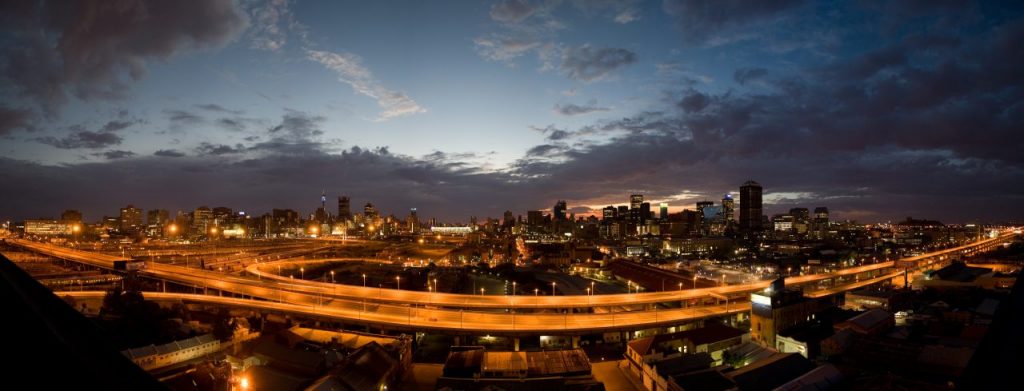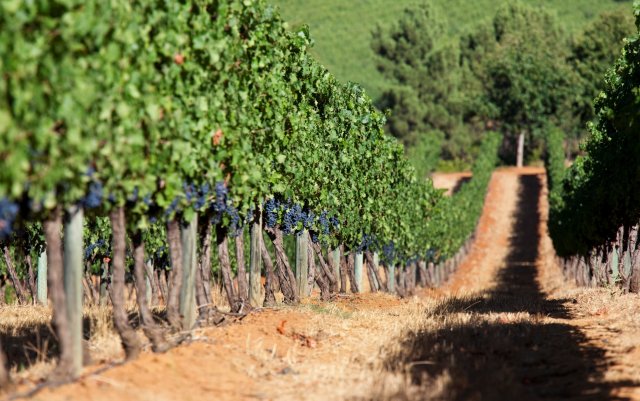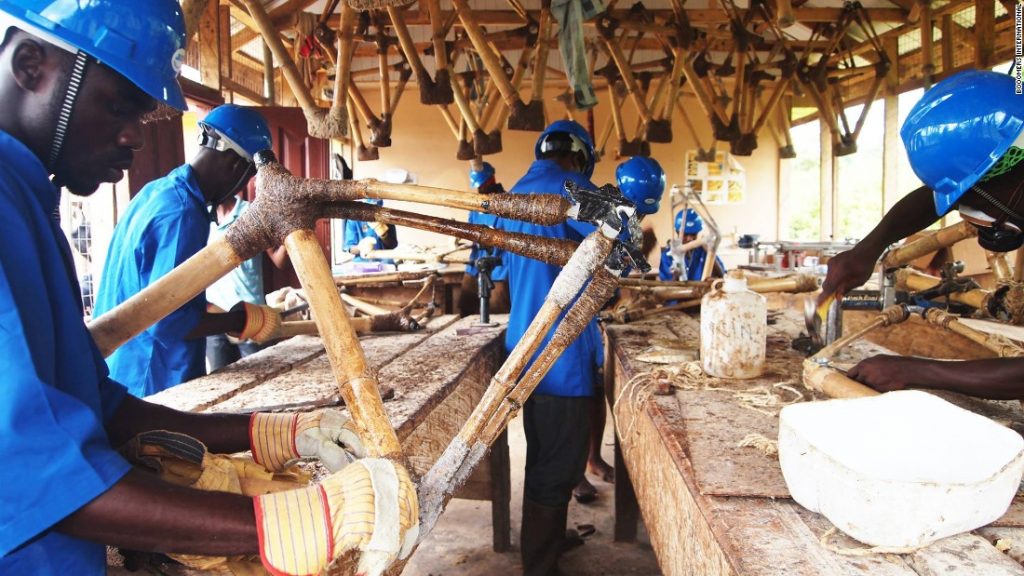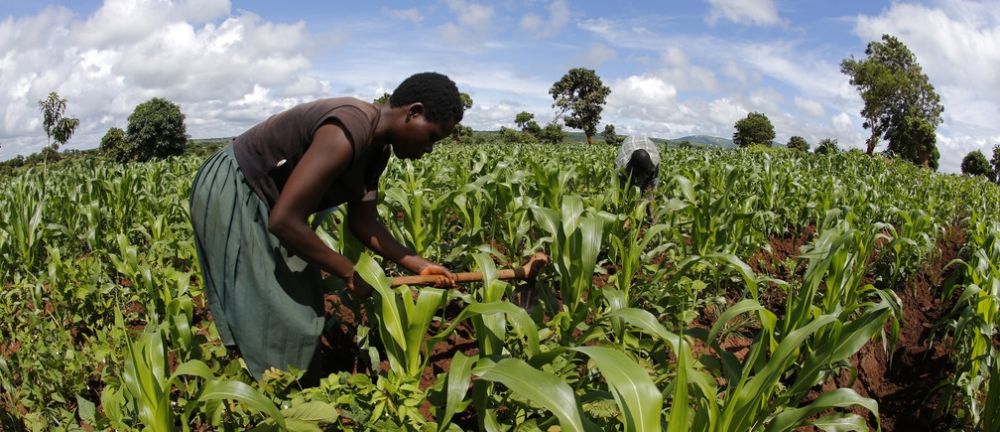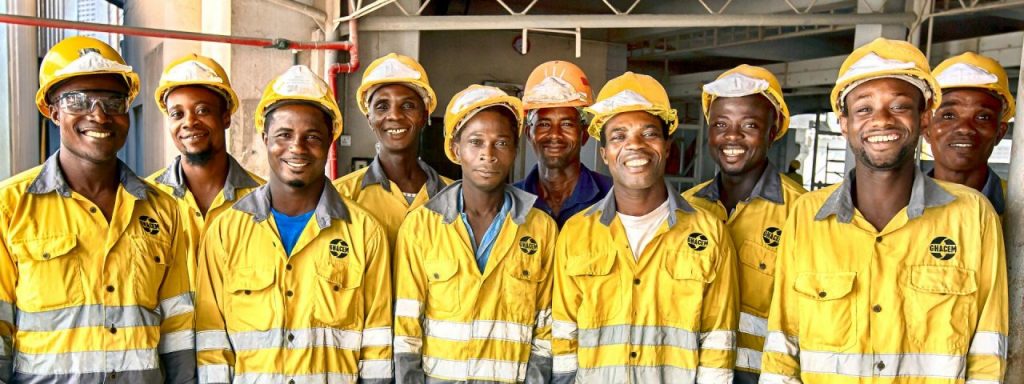Join GlobalBizzNetwork and start your international business network today.
Cabo Verde
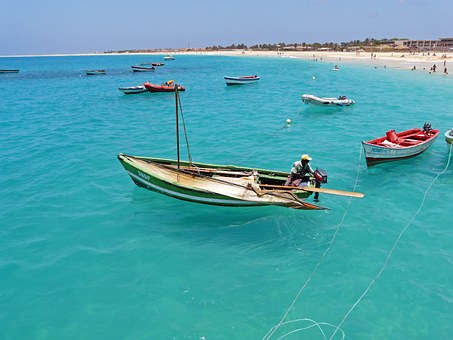
Why Invest in Cabo Verde? It is an African country with excellent political and social stability, strategically well located in the Atlantic, which allows it to be placed in several markets. You have a magnificent, hardworking, welcoming, dynamic people! Cabo Verde is a country with great business opportunities in various sectors. It’s a business HUB for and from Africa!
Sectors
Tourism
Priority sector for the government, with the largest impact on the country’s economy, representing around 21% of GDP. The country receives more than half a million tourists each year, a figure that is soon expected to grow to one million. The level of the offer underlines the presence of international benchmark brands in the sector: RIU, TUI, Hilton, Sol Melia, Thomsonfly, among others. The proximity to the main outbound tourism markets in Europe, the existence of 4 international airports (on the islands of Boavista, S. Vicente Sal and Praia), the pleasant climate, and the diverse geographical and cultural landscape due to the insularity of the country, are key advantages in this sector.
Main sector opportunities:
• Hotels and Resorts
• Low Cost Air transport
• MICE
• Rural tourism and ecotourism
• Cruise tourism
• Water sports, Tracking
• Health tourism
The geostrategic location in the Atlantic, in the centre of the trade route between 3 continents, has always been a competitive advantage for the country, making it naturally attractive as a logistical hub, as well as for port activity and ship repair. The government’s heavy investment in modernising the country’s main ports, with 3 deep water ports currently in operation, is a clear signal that this important sector in the country is being prioritised.
Despite its small size, Cape Verde has an extensive and exclusive economic maritime zone of 789,400 km2, around 9.4% of the total Sub-Sahara African EEZ. There is also a growing fisheries industry (fish processing), making up the majority of the country’s exports. According to INPD’s estimates, the fish stock potential deemed to be sustainable is between 36,000 and 44,000 tonnes per year.
Renewable energies
At the moment the rate of penetration of renewable energies already represents about 20%, one of the highest, of Sub-saharan Africa. The Government aims to achieve a high level of penetration of renewable energies over the next few years, reducing the dependence on fossil fuels and their effects on the country’s balance of payments.
All these factors mean it is considered a priority sector for investment. Cape Verde has one of the strongest wind regimes in the world (18m/s) and has great potential for solar energy, with an energy/day ratio of 6-8 Wh/m²/day
Main business opportunity:
• Investments in Energy Parks in the Islands, with the majority of them renewable;
• Possibility of public private partnerships
Main sector opportunities
• Atlantic Logistics Hub – a container transhipment terminal
• Ship construction, repair and maintenance
• Bunkering and port handling
• Construction and management of a new deep water port and cruiser terminal on the island of S.Vicente
• Fishing industry
• Creation of a Science and Technology Park about the sea and fisheries
Other opportunites are in the ICT, mines and Hydrocarbons and infrastructure sector!
Sea economy
The geostrategic location in the Atlantic, in the centre of the trade route between 3 continents, has always been a competitive advantage for the country, making it naturally attractive as a logistical hub, as well as for port activity and ship repair. The government’s heavy investment in modernising the country’s main ports, with 3 deep water ports currently in operation, is a clear signal that this important sector in the country is being prioritised.
Despite its small size, Cape Verde has an extensive and exclusive economic maritime zone of 789,400 km2, around 9.4% of the total Sub-Sahara African EEZ. There is also a growing fisheries industry (fish processing), making up the majority of the country’s exports. According to INPD’s estimates, the fish stock potential deemed to be sustainable is between 36,000 and 44,000 tonnes per year
